Thx to @dfri. I decided to clear modifier_dict during latex translate.
from sympy.printing.latex import modifier_dict
from sympy import latex
def cancel_sympy_translate(f):
def wrapper(*args, **kwargs):
saved_dict = dict(modifier_dict)
modifier_dict.clear()
result = f(*args, **kwargs)
modifier_dict.update(saved_dict)
return result
return wrapper
latex = cancel_sympy_translate(latex)
t = Symbol("tbm_al")
print latex(t, mode="equation")
\begin{equation}tbm_{al}\end{equation}
with the "keep_translate_keys". (suggested by @dfri)
def cancel_sympy_translate(f, keep_translate_keys=None):
keep_translate_keys = keep_translate_keys or []
def remove_unwanted_keys(modif_dict):
for k in modif_dict.keys():
if k in keep_translate_keys:
continue
del modif_dict[k]
def wrapper(*args, **kwargs):
saved_dict = dict(modifier_dict)
remove_unwanted_keys(modifier_dict)
result = f(*args, **kwargs)
modifier_dict.update(saved_dict)
return result
return wrapper
latex = cancel_sympy_translate(latex, keep_translate_keys=["bar"])
t = Symbol("tbm_abar")
print latex(t, mode="equation")
\begin{equation}tbm_{\bar{a}}\end{equation}
